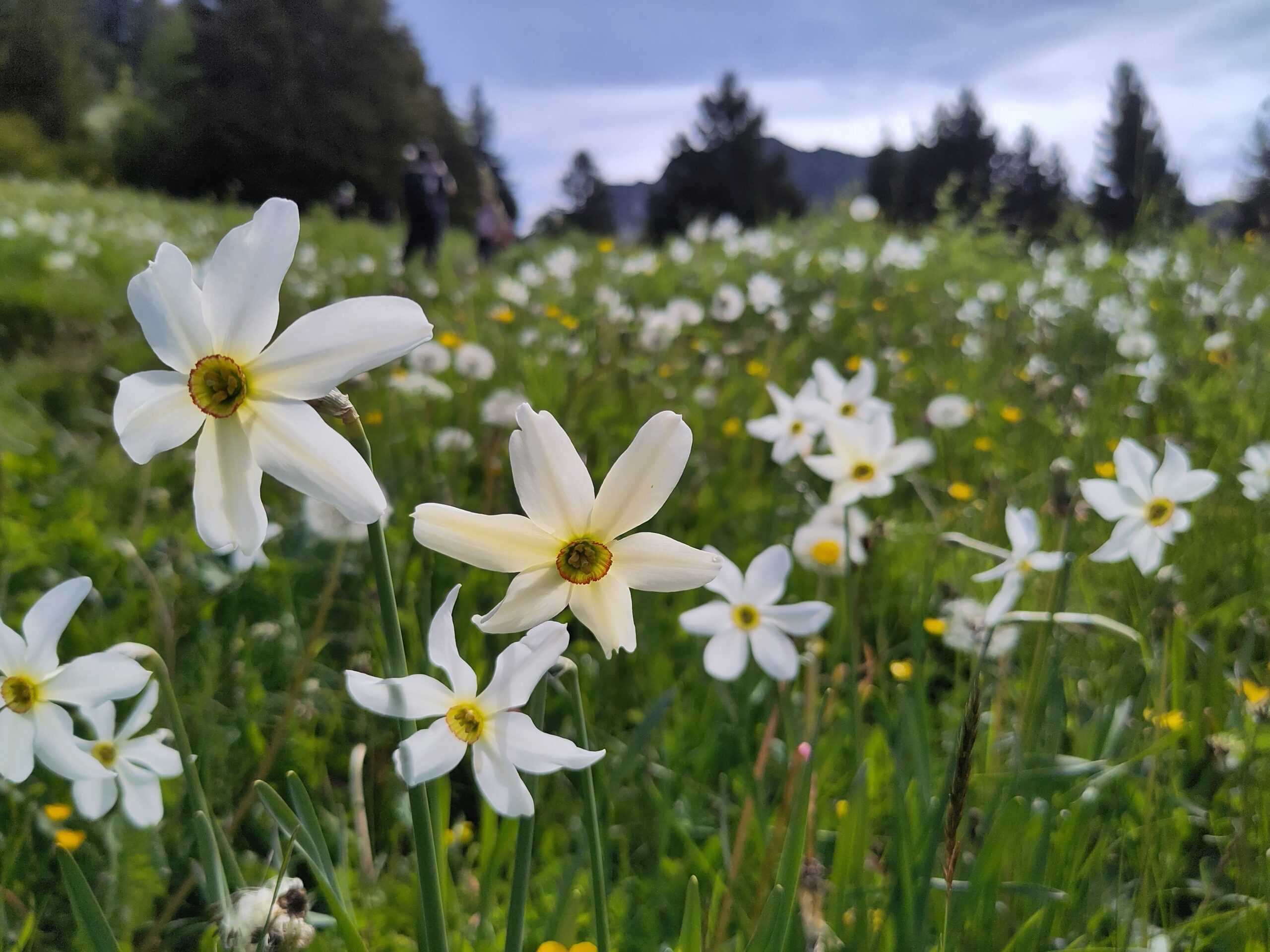Tag: friendship
-

A Three Year Old’s Instinct to Ask Why
Reading Time: 2 minutesTwo or three weeks ago I wrote that I hate Caribana but I also wrote that I have enjoyed the event the past. I also shared a walking route that I could use to get there and back, without using the car. For saying that I hate Caribana I was called a…
-
The Dawn Wall film
Reading Time: 3 minutesOne of the reasons for which this film is so powerful is that it’s written in the way that Heinrich Harrer wrote about the Eiger. It’s documenting not just a single attempt but the entire process. In doing so we get to know the people well. It gives us some context about…
-
Sociability and the web
Reading Time: 2 minutesYesterday I had the pleasure of someone deciding to spend a good portion of the day with me, something that is quite rare. It’s also something that is important to a topic that I have spent quite a bit of time thinking about. How much of your time do you give to…
-
Twitter friendships and why I took some time off
Reading Time: 3 minutesWhen you first arrive on twitter it’s lots of strangers sending messages speaking about what they’re doing and it quickly becomes overwhelming, especially with the vast number of people. For the first few months many people send no more than a hundred posts a day as they get used to the twitter…
